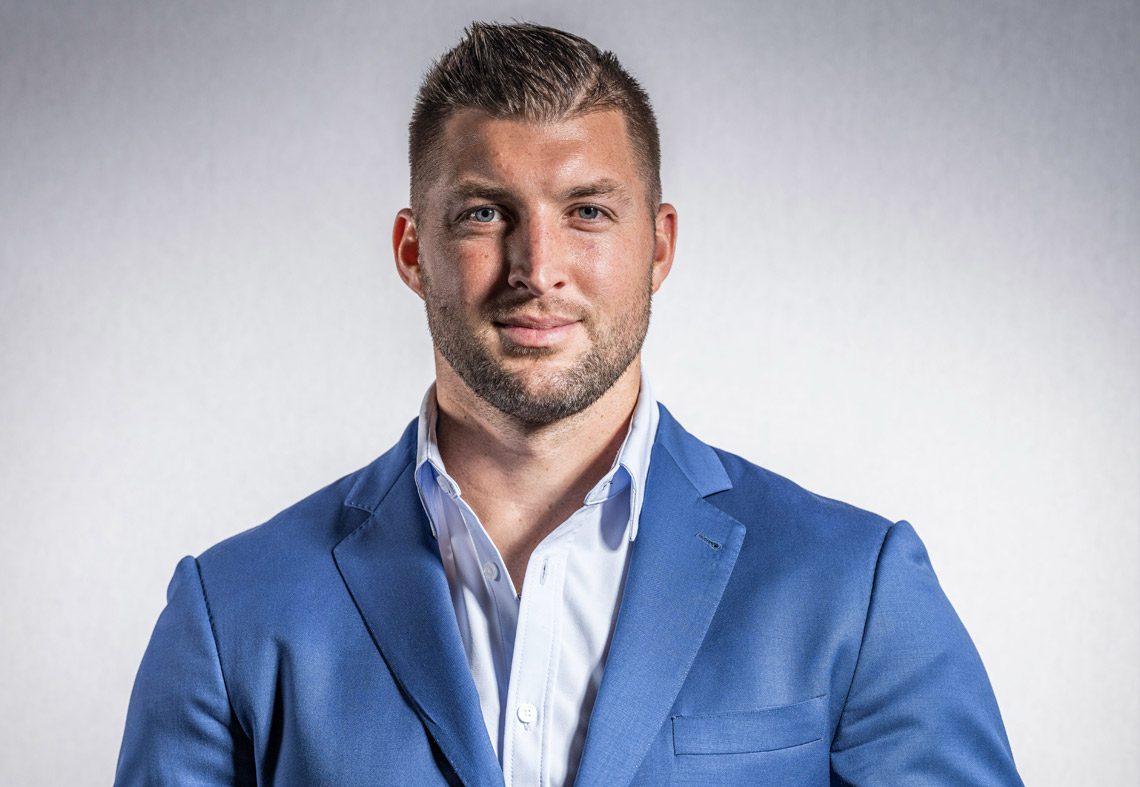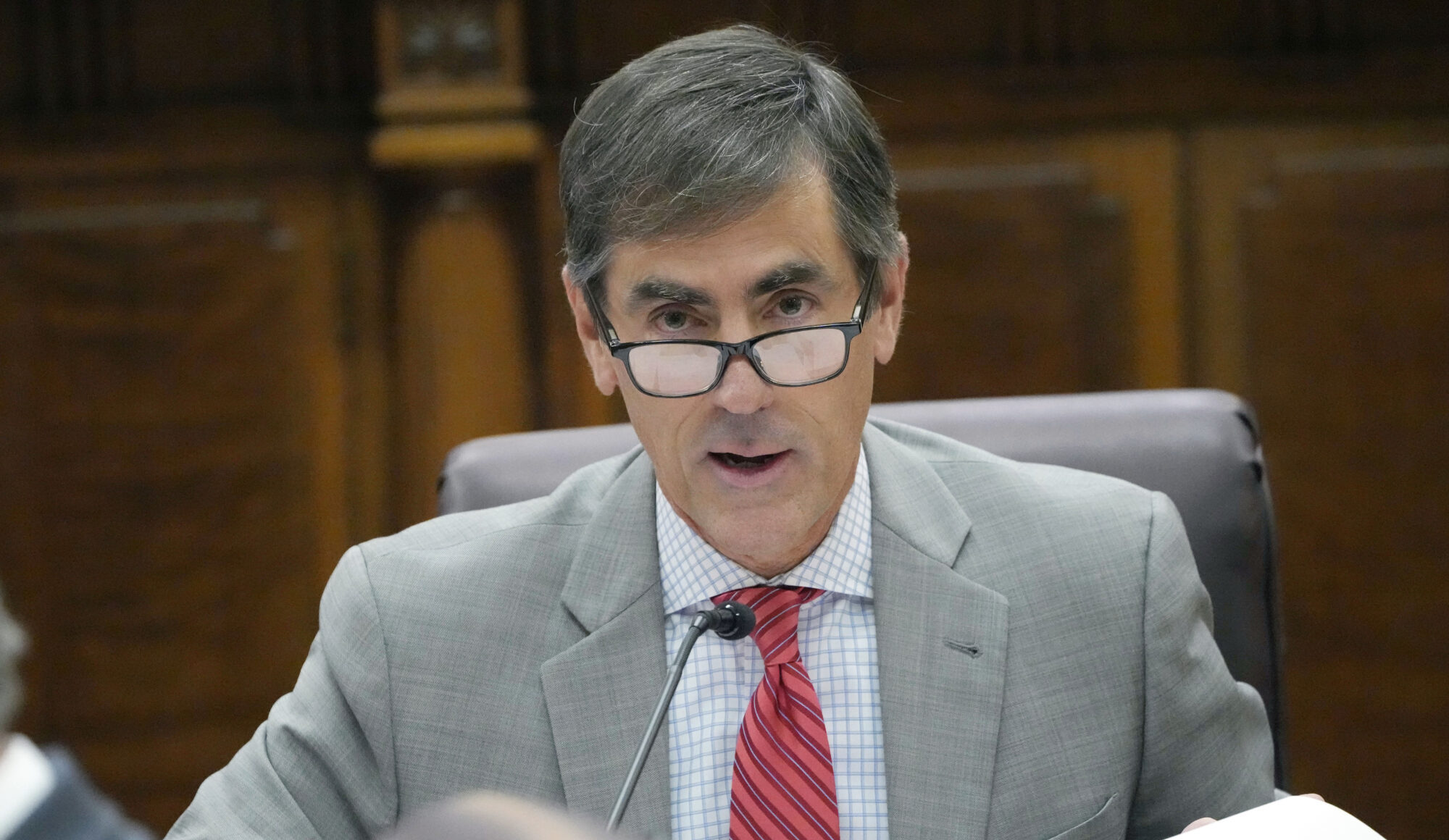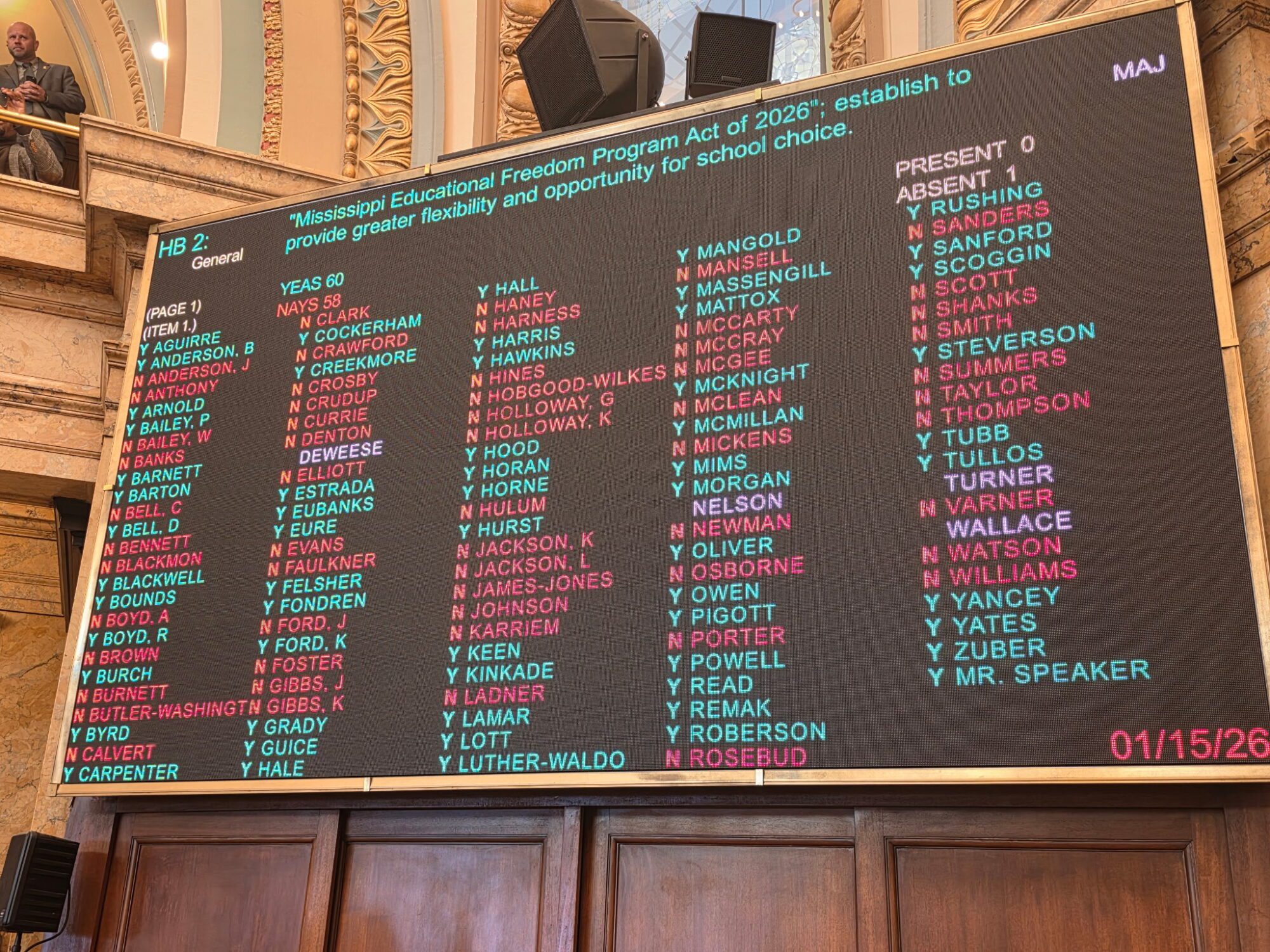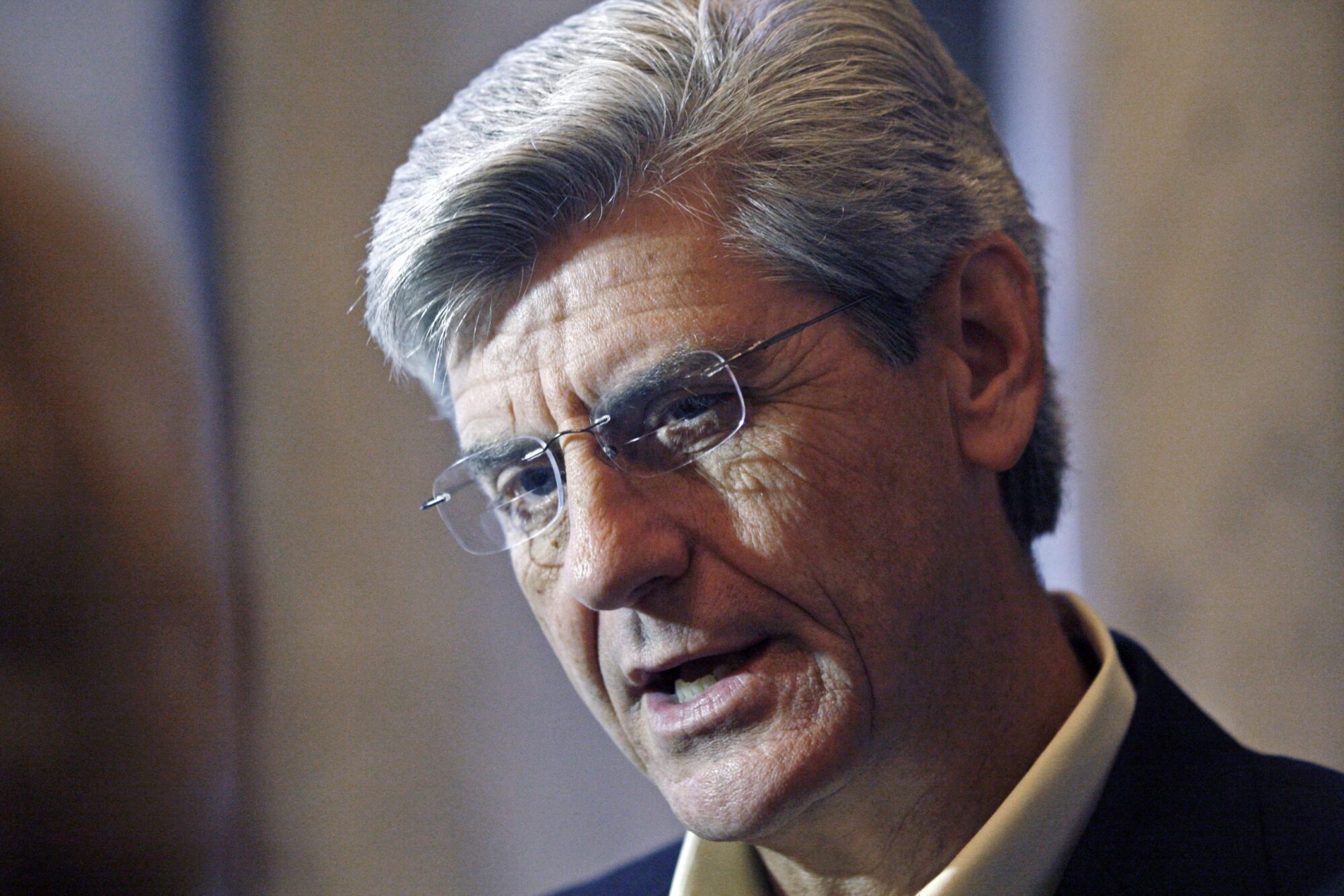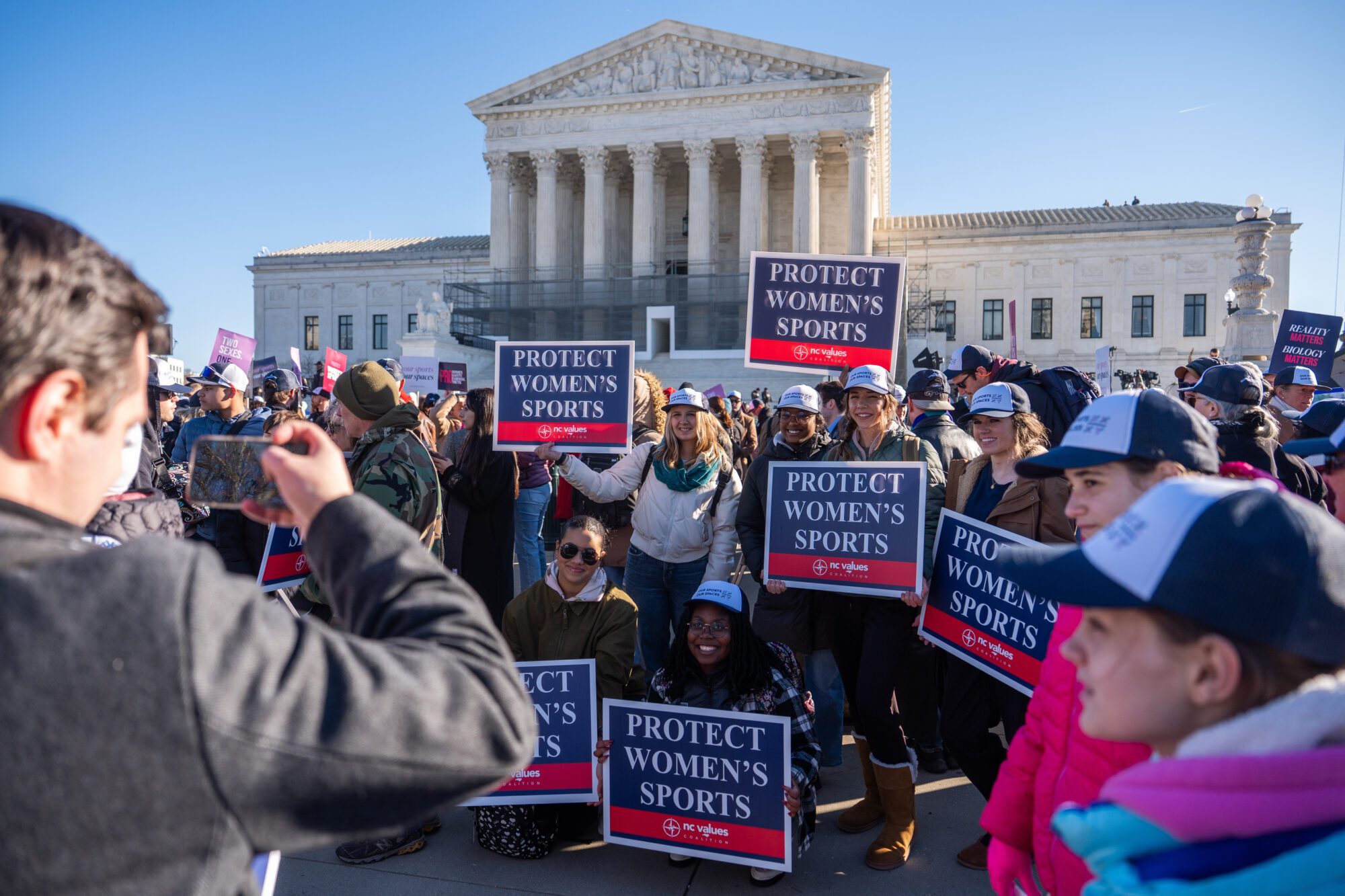
- Businesses that produce or sell intoxicating hemp products should expect impacts from the THC ban passed as part of the federal spending bill.
Intoxicating substances derived from hemp will be illegal on the federal level next year, a move the Mississippi Legislature previously tried to put into motion but was unsuccessful in doing so.
Each time related bills were brought before the Mississippi Legislature they failed to garner the necessary votes to reach the governor’s desk. Yet, last week, as part of the resolution to end the federal governmental shutdown, provisions to outlaw those products were included in the measure.
Affected hemp products are those meant for human consumption and have more than the regulated THC content of 0.3 percent.
“These products are sold after certain groups and businesses found an unintended loophole in the 2018 Farm bill that allowed these sales,” State Senator John Polk (R) explained.
State Rep. Lee Yancey (R), has introduced bills in prior years that would have required testing of all hemp products sold in Mississippi to ensure their THC levels were within the legal limit in final form.
“What’s happened since 2018 with the intoxicating hemp environment, particularly in the last 4 or 5 years, and in the gas stations, is what happens when … the federal government fails to provide a framework within which to operate,” Yancey described. “And it just created a market for this intoxicating product.”
However, those state bills did not receive enough support to become law. Through these loopholes manufacturers of intoxicating hemp products have found ways to increase the THC levels after the plant has been harvested.
Now that the federal government has passed its provision into law, which goes into effect next year, Yancey does not expect to introduce similar legislation as chair of the Business and Commerce Committee for the House of Representatives. Instead, he believes the federal government will change course and put in more regulations as opposed to an outright ban on the products.
“Last year, we tried to do this and… it narrowly failed but, you know, the federal government has now stepped in,” Yancey said. “And I think what we’re going to see is those in Washington who are in favor of regulating instead of banning, they have a year now to try to put in some type of regulatory requirements for hemp to exist in that kind of form. Before the ban happens, they’re going to try to pass something else that would allow them to at least sell some of it, I think.”
One of the necessary restrictions put into Mississippi’s attempts to regulate intoxicating hemp involved restricting access to minors. Yancey hopes the new federal law, or subsequent regulations, will reach that goal.
“All of these products were in desperate need of age gating, because we don’t want minors purchasing and using those products,” Yancey said.
However, as with most anything that is regulated, it is expected that products will move to the black market. Alternatively, Yancey said that if someone has a debilitating condition outlined in Mississippi’s medical cannabis program, they can obtain a medical cannabis card and purchase legal products from a dispensary.
Senator Polk said that he put serious thought into the passage of the state’s medical cannabis program when it was being considered. Ultimately he supported passage of the bill that created the program and hopes this new federal regulation does not affect that program in anyway.
“I’m not sure of all the ramifications the THC ban in the bill has, but I am assuming it doesn’t affect Mississippi’s medical marijuana law,” Polk said. “However, it does affect sales of THC products over the counter in many establishments.”
Intoxicating hemp products can include gummies, and even beverages, which can be found across the state and nation in a variety of stores. While most products abide by the 5 milligram THC limit per 12 ounce container, some do not.
“This is an industry that was in dire need of regulation,” Yancey said.
Now that regulation is pending in some form, either through a ban or through federal requirements, Yancey foresees lawsuits filed by people who have investments or other interests in these businesses.
Those businesses that are not expected to be affected by the new bill include hemp farmers creating products such as soap and rope, Yancey said.
“Remember, when workarounds using unintended loopholes in a law are used to build an industry and/or develop a business plan the possibility for closure of that loophole is great. So, no one should be surprised or complain that they have been cheated because they skirted intent using the loophole,” Senator Polk said. “It was a chance they took, with eyes wide open.”

